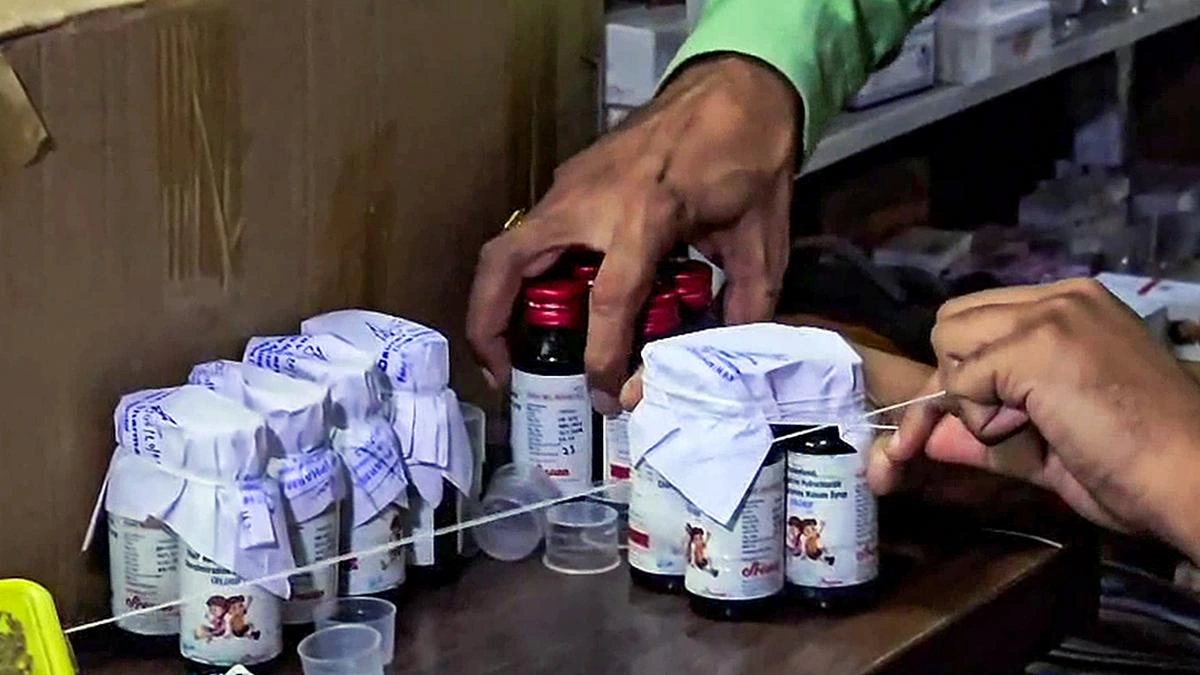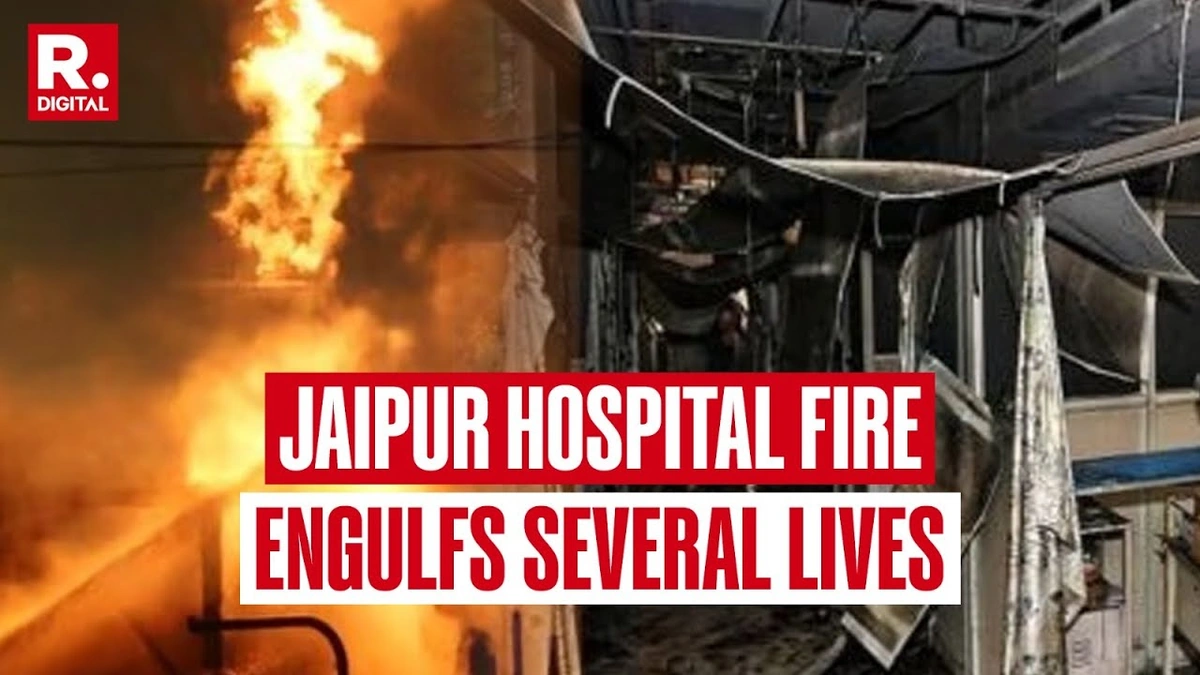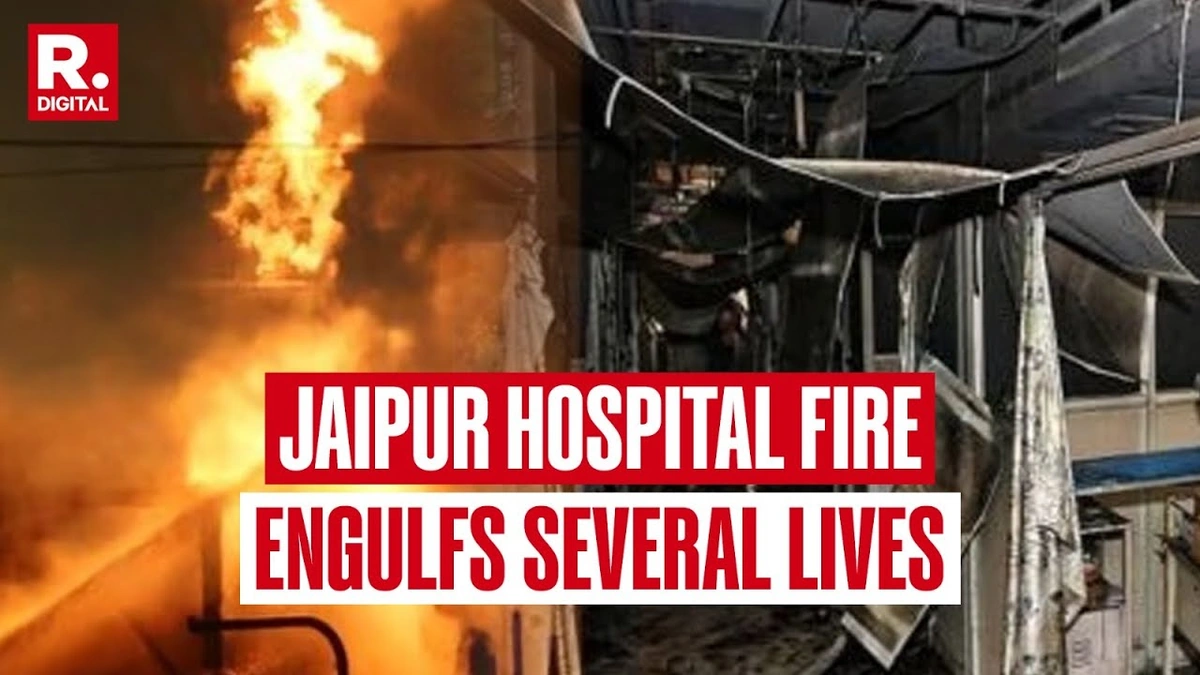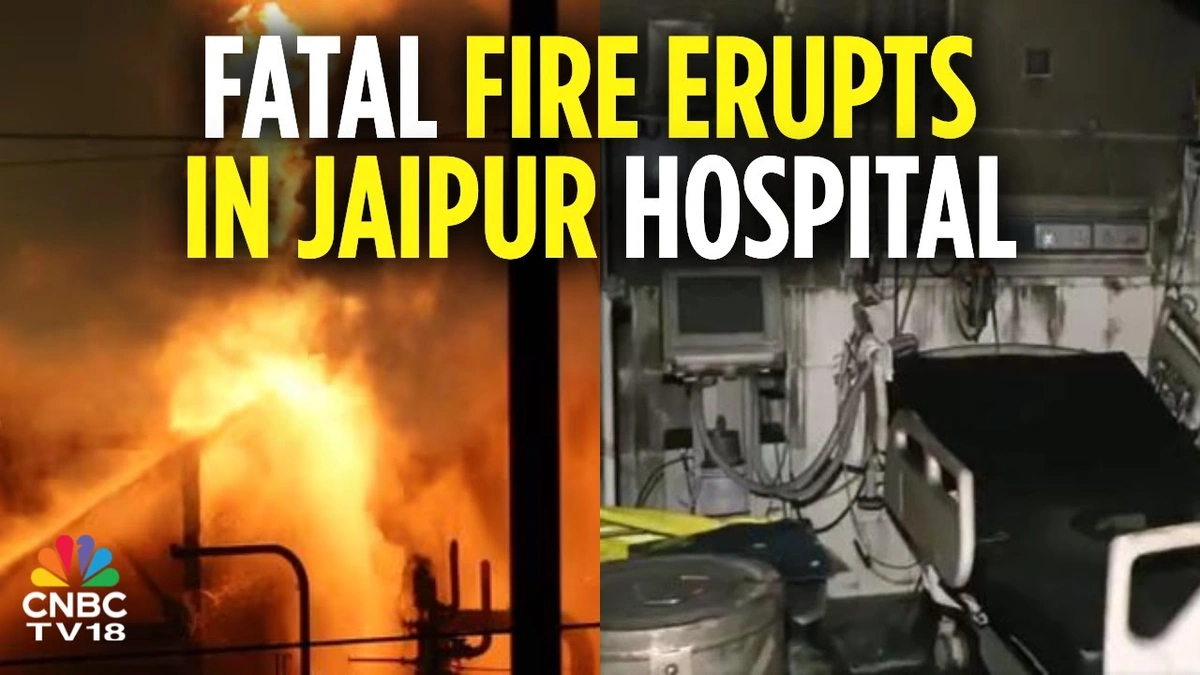Cough Syrup Deaths | MP Opposition Leader Demands Compensation for Families
The news is flashing: Cough syrup deaths. An opposition leader in Madhya Pradesh demanding compensation for the affected families. But here’s the thing – that’s just the headline. What’s beneath it is a tangled web of regulation, responsibility, and, tragically, human suffering. This isn’t just about a political demand; it’s about understanding cough syrup safety in India, how these tragedies happen, and what systems are (or aren’t) in place to prevent them. It’s a hard conversation, but an important one to have.
The Grim Reality | Why Are Cough Syrups Risky?
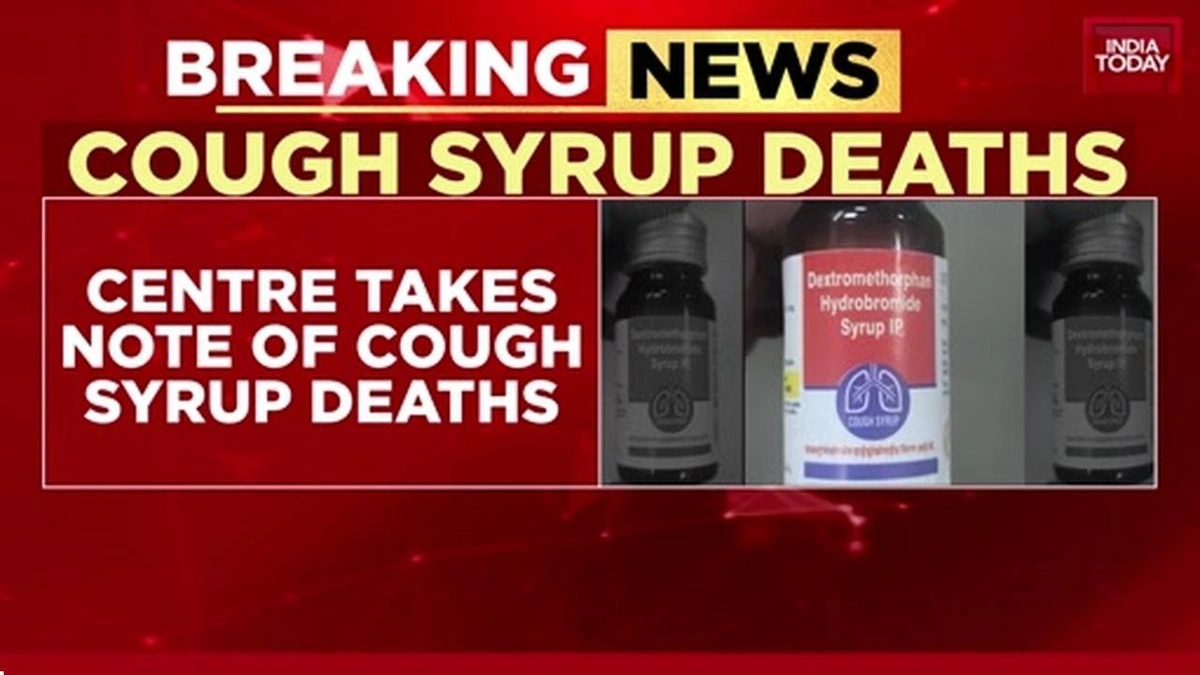
Let’s be honest – most of us don’t think twice before popping a cough syrup. It’s an over-the-counter remedy, seemingly harmless. So, what makes them potentially deadly? The answer often lies in contaminants. In several documented cases, cough syrups have been found to contain dangerous levels of diethylene glycol (DEG) or ethylene glycol (EG). These chemicals, used in antifreeze and other industrial applications, are toxic to humans, even in small amounts. The presence of these chemicals can cause kidney failure, neurological damage, and, yes, death. But why are these contaminants present in the first place? That’s where the supply chain, manufacturing practices, and regulatory oversight come into play.
The problem often stems from substandard raw materials or inadequate quality control during the manufacturing process. Some manufacturers might cut corners to reduce costs, using cheaper but contaminated ingredients. Others may lack the necessary equipment or expertise to properly test for contaminants. And sometimes, frankly, it’s a case of outright negligence. According to a report by the WHO, substandard and falsified medical products are a serious global problem, particularly in developing countries with weaker regulatory systems. India, despite being a major pharmaceutical producer, is not immune. This is not just about pharmaceutical negligence ; it’s about a systemic failure to protect public health.
Tracing the Source | The Role of Regulation
Okay, so we know the ‘what’ and the ‘why’. But how does this happen? What regulations are supposed to prevent these tragedies? In India, the manufacture and sale of drugs, including cough syrups, are regulated by the Drugs and Cosmetics Act, 1940, and the Drugs and Cosmetics Rules, 1945. These laws lay down standards for quality, safety, and efficacy, and they require manufacturers to obtain licenses and adhere to good manufacturing practices (GMP). The Central Drugs Standard Control Organisation (CDSCO) is the national regulatory body responsible for overseeing the implementation of these laws. But – and this is a big but – the enforcement of these regulations is often weak and inconsistent. State drug controllers, who are responsible for licensing and monitoring manufacturers within their states, are often understaffed and under-resourced. This can lead to lapses in inspections, inadequate testing, and a failure to detect substandard or contaminated products before they reach the market. The lack of stringent enforcement creates a loophole that unscrupulous manufacturers can exploit.
What fascinates me is the decentralized nature of drug regulation in India. While the CDSCO sets the standards, the actual implementation is largely left to the states. This can lead to wide variations in the quality of enforcement across different states. Some states may have more robust testing facilities and stricter inspection regimes than others. This inconsistency makes it difficult to ensure that all manufacturers are adhering to the same standards of quality and safety. This is not just a regulatory issue; it’s a federalism issue, a question of how power and responsibility are divided between the center and the states.
The Human Cost | Beyond the Headlines
It’s easy to get lost in the technical details of regulations and supply chains. But let’s not forget the human cost. Behind every headline about fatal cough syrups , there are families who have lost loved ones. There are children who have suffered irreversible harm. These are not just statistics; they are real people with real lives, whose suffering could have been prevented. The demand for compensation, like the one made by the MP opposition leader, is not just about money; it’s about accountability. It’s about acknowledging the failure to protect these families and providing them with some measure of justice. It’s about sending a message that those responsible for these tragedies will be held accountable.
And let’s be honest – compensation is never enough. No amount of money can bring back a lost child or undo the damage caused by toxic chemicals. But it can provide some financial security to the affected families, help them cope with their loss, and perhaps even prevent similar tragedies from happening in the future. Moreover, it’s a symbolic gesture, a way of saying that society values human life and is committed to protecting its most vulnerable members. This is not just an economic issue; it’s a moral issue, a question of how we value human life.
Prevention is Better Than Cure | What Can Be Done?
So, what can be done to prevent these tragedies from happening again? The answer, as always, is multifaceted. First and foremost, there needs to be a strengthening of regulatory enforcement. This means increasing the resources and capacity of state drug controllers, ensuring regular and rigorous inspections of manufacturing facilities, and implementing stricter penalties for violations. It also means investing in better testing facilities and training for drug inspectors. According to the CDSCO guidelines , manufacturers must adhere to strict quality control. The central and state governments need to work together to strengthen the regulatory framework and ensure its effective implementation.
Secondly, there needs to be greater transparency in the supply chain. This means tracking and tracing raw materials from their source to the finished product, ensuring that all ingredients meet the required quality standards. It also means implementing better labeling requirements, so that consumers can make informed choices about the medicines they are taking. A common mistake I see people make is not checking the manufacturer’s details. Always verify the license and registration details of the manufacturer. This is not just a logistical issue; it’s an information issue, a question of how we ensure that consumers have the information they need to protect themselves.
Thirdly, there needs to be greater public awareness about the risks of substandard medicines. This means educating consumers about the importance of buying medicines from reputable sources, checking for signs of counterfeiting, and reporting any suspected cases of substandard products. It also means empowering consumers to demand accountability from manufacturers and regulators. Internal Link: Global Sumud Flotilla .
Ultimately, preventing cough syrup poisonings requires a concerted effort from all stakeholders – manufacturers, regulators, healthcare professionals, and consumers. It requires a commitment to quality, safety, and transparency, and a willingness to hold those who violate these principles accountable. It’s not just about preventing deaths; it’s about protecting public health and restoring trust in the pharmaceutical industry.
Conclusion
The cough syrup deaths in Madhya Pradesh – and elsewhere – are a stark reminder of the importance of vigilance, regulation, and accountability in the pharmaceutical industry. It’s a complex problem with no easy solutions, but one thing is clear: we cannot afford to be complacent. The lives of vulnerable people are at stake. Internal Link: Darjeeling Landslide .
FAQ
What are the common symptoms of cough syrup poisoning?
Symptoms can include nausea, vomiting, abdominal pain, kidney problems, neurological issues, and in severe cases, death.
How can I be sure the cough syrup I’m buying is safe?
Always buy from reputable pharmacies, check the manufacturer’s details, and look for any signs of tampering. If in doubt, consult your doctor or pharmacist.
What should I do if I suspect a cough syrup is substandard?
Report it to the local drug control authorities immediately. Do not consume the product.
Are generic medicines as safe as branded ones?
Generic medicines are supposed to be equivalent to branded ones, but quality control can vary. Always buy from trusted sources.
What is the government doing to prevent these incidents?
The government is working on strengthening regulatory enforcement and improving quality control measures, but more needs to be done.
